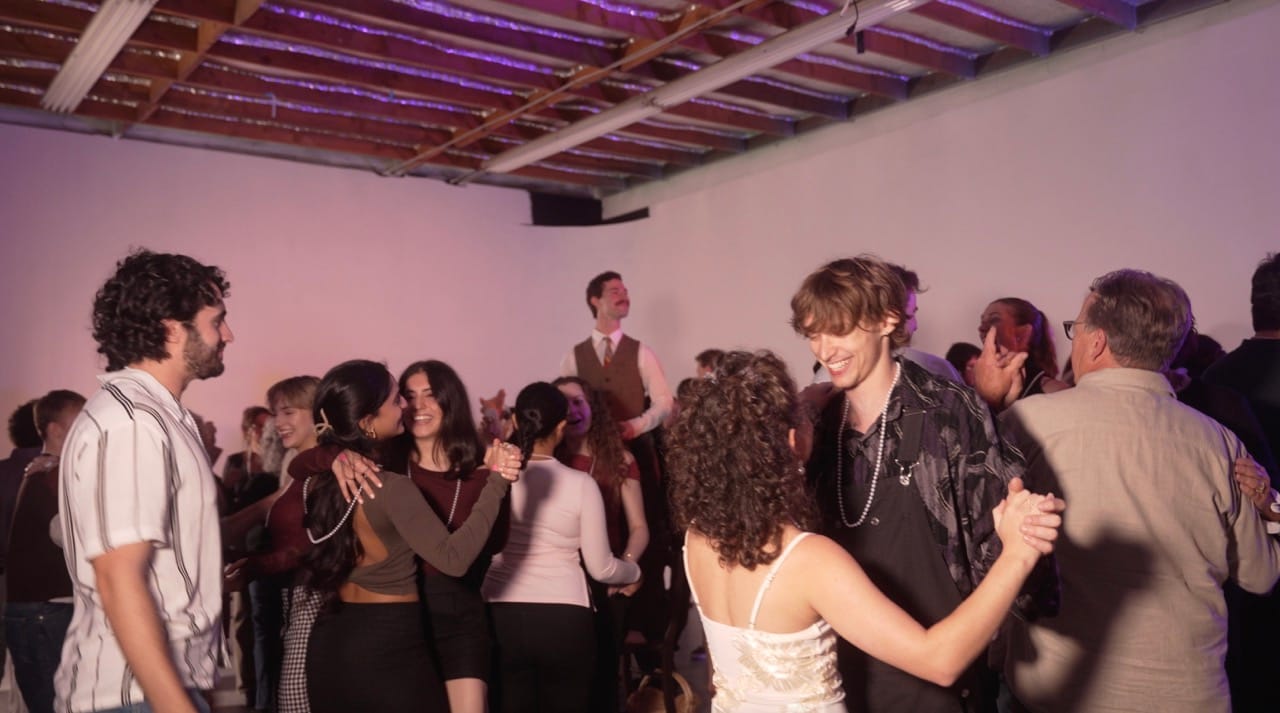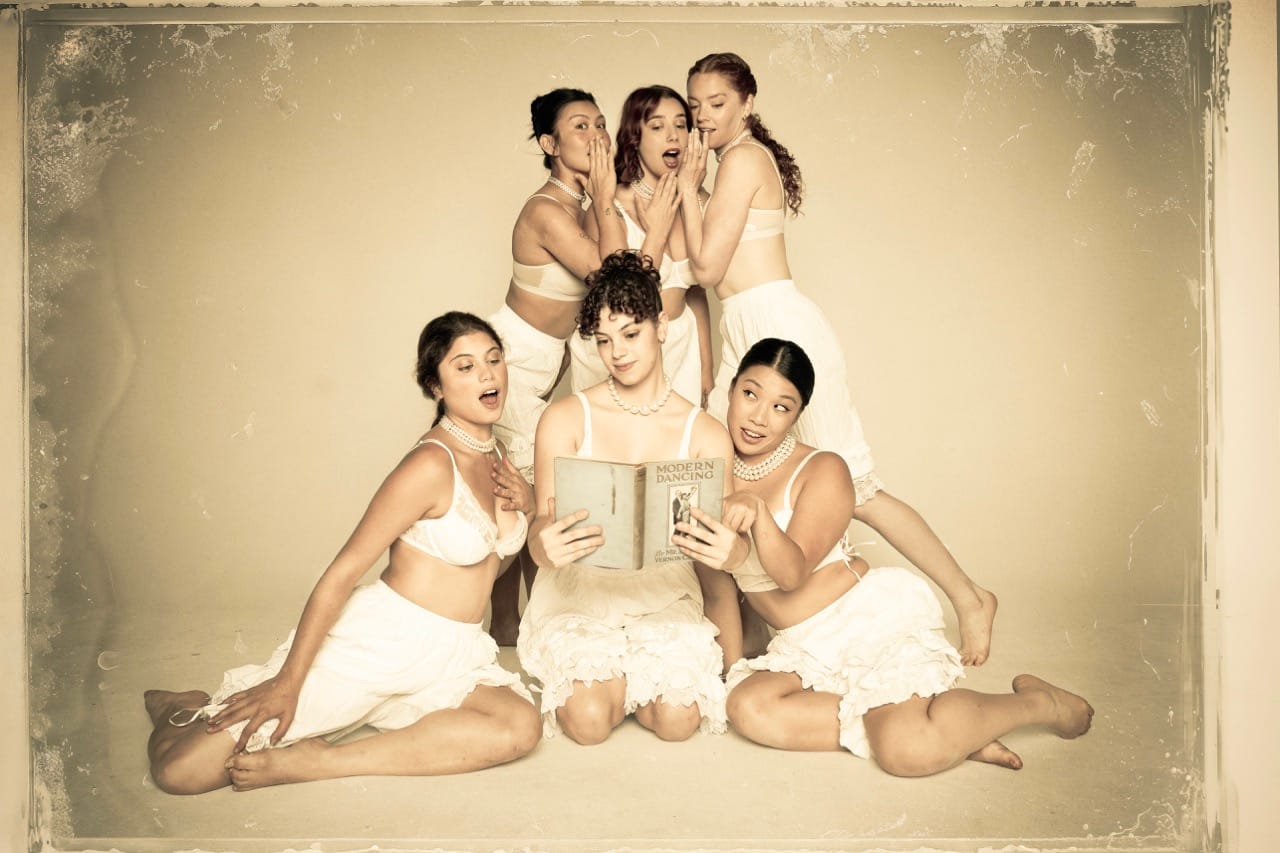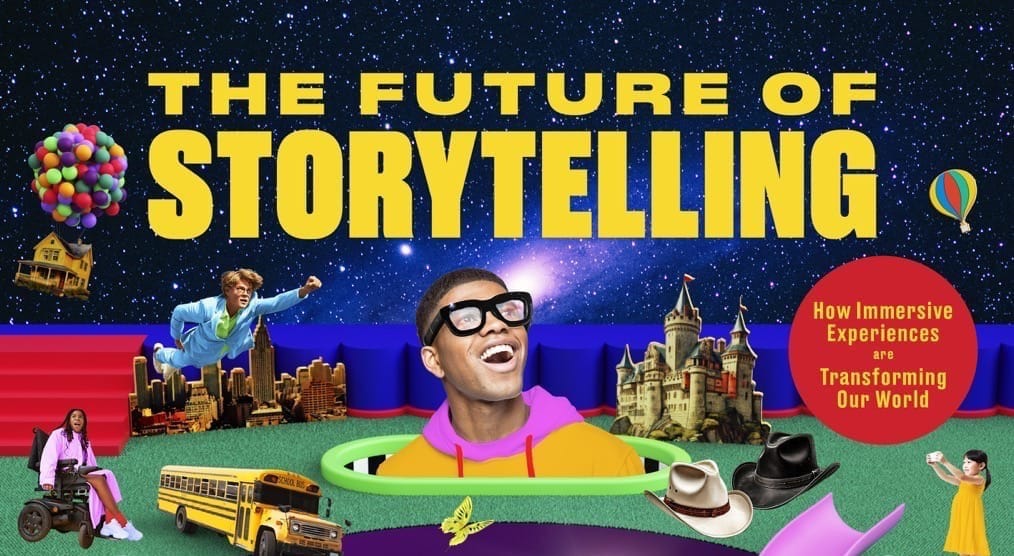
Shakespeare’s Romeo and Juliet exists in a strange, paradoxical world. It is a world where 13-year-olds marry; where love is declared after exchanging a mere 14 lines of sonnet; where marriages and oppositional marriages are arranged within 24 hours. It has been interpreted alternately as a romance, a tragedy, and a farce; and the degree to which its near-slapstick abruptness is self-aware is a heated source of debate. Are Romeo and Juliet playing out an iconic romance…or are they objects of mockery, consumed in self-important teen angst? IKantKoan Games has their own opinion, and now they’ve expressed it in a multi-day interactive text play “based on the unmitigated emo clusterf*ck that is Romeo and Juliet.”
Created by Jessica Ellen Creane, R+J has been staged at several festivals, most recently Philadelphia Fringe 2018. The concept is simple: participants are paired with one another to re-enact the five days that Romeo and Juliet lived in the play. Through texts and/or emails, participants are prompted to share deep thoughts and feelings, make gestures of love, and ultimately decide whether or not to bow to their families’ wishes or stay together. The result: a possibly intense, possibly uncomfortable, definitely whirlwind digital experience that corresponds to — again, in IKantKoan’s own words — “the five stupidest days in literature”.
The experience is intentionally abrupt. Hosted by “Nurse Lawrence,” a hybrid of Friar Laurence and Juliet’s nurse, players are prompted on R+J’s website to dive in at the deep end, using a text box to ask each other deep personal questions on Day 1. By Day 2, they are making personal commitments to one another, an experience that feels rushed and a bit unnerving; by Day 3, they are being urged to make a public stand. Forced apart in Day 4, participants are largely left to imagine their partner’s state of mind; and by Day 5, participants are eulogizing one another, an experience that highlights the impossibility of truly getting to know a person within such a short timeframe.
The intention of putting participants through an emotionally bemusing experience — one that mirrors the original text — is laudable. But the effectiveness of the show is undercut in three ways.
- The prose describing the experience — on both the Fringe website and the company website — is enthusiastically irreverent, even derisive. One might expect the prose of the experience itself to be similarly incisive and skewering. But, oddly, Nurse Lawrence (who provides the bulk of the text) fluctuates in and out of character, never quite sure if she’s living in the world of the play or not. At times, she seems earnestly in-character (“Pilgrim, there is no easy way to say this…your partner has been banished.”). Other times, she feels more like an instructor coaching the players on a meta level (“The stricter the vows are at creating consistent communication between you, the closer you are to embodying the impulsive, impetuous, secret wedding of Shakespeare’s title characters.”). Are players fully-immersed “pilgrims,” or are they festival-goers playing a low-stakes game? The play can’t seem to decide.
- Technological issues plague the R+J website. I played through twice due to some bugs; in one playthrough I missed several messages, in the other playthrough my partner missed several. Inadequate instructions also resulted in people missing deadlines to make choices, resulting in incomplete experiences.
- Experiences that rely on participant-generated content will always be a gamble. This experience is no exception. Less-than-enthusiastic partners — or OVERLY enthusiastic partners — can easily undermine the experience. And while IKantKoan has wisely set up an “eject” strategy in the case of mismatched partner intensity, it seems short-sighted to have the play’s emotional effectiveness entirely hinge on strangers.
The result is, unfortunately, an experimental template that feels more appropriate as a classroom exercise than as an interactive experience. Does the solution lie in bringing Nurse Lawrence to life — modifying her text as needed to fit player behavior? Could the experience be enhanced by a social media element, giving social stakes to the exercise? There’s ample room for exploration. As welcome as it is to see long-distance experiences growing in popularity, R+J has some workshopping to do.
R+J has concluded its run at the Philadelphia Fringe Festival. Find out on their site.
NoPro is a labor of love made possible by:

…and our generous Patreon backers: join them today!
In addition to the No Proscenium web site, our podcast, and our newsletters, you can find NoPro on Twitter, Facebook, YouTube, Instagram, in the Facebook community Everything Immersive, and on our Slack forum.



















Discussion